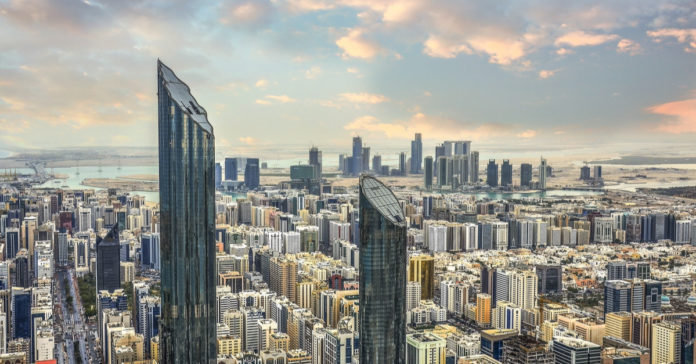A new survey by the anti-corruption group Transparency International has ranked the United Arab Emirates as the least corrupt Muslim country in the world, while Somalia was ranked the most corrupt.
The 2019 Corruption Perceptions Index by Transparency International (TI) ranked 180 countries and territories by their perceived levels of public sector corruption, drawing on 13 expert assessments and surveys of business executives. It used a scale of zero (highly corrupt) to 100 (very clean).
The top countries were New Zealand and Denmark with scores of 87 each, followed by Finland (86), Singapore (85), Sweden (85) and Switzerland (85).
The bottom countries were Somalia, South Sudan and Syria with scores of 9, 12 and 13, respectively. These countries are closely followed by Yemen (15), Venezuela (16), Sudan (16), Equatorial Guinea (16) and Afghanistan (16).
Western Europe and the EU was the highest scoring region with an average of 66/100, while Sub-Saharan Africa was the lowest scoring region with 32 points.
With a score of 71 the United Arab Emirates was the best Muslim performer, and it even ranked ahead of countries such as the United States and France. In second place on the “Muslim list” was Qatar which scored 62 points.
With a score of 53, Saudi Arabia improved by four points since last year. However, its score does not reflect its dismal human rights record and severe restrictions on journalists, political activists and other citizens, said Transparency International.
Subscribe to our newsletter and stay updated on the latest news and updates from around the Muslim world!
Many conflict-torn Muslim countries ranked near the bottom of the list, including Iraq, Afghanistan, Syria, Yemen, Libya and Somalia.
Somalia, in last place on the index with just 9 points, has faced a decade-long insurgency by the Al-Qaeda-linked group Al Shabaab.
Such low scores indicate that bribery, stealing of public funds, and profiteering by authorities is an everyday fact of life in these countries, said Transparency International.
To reduce corruption and restore trust in politics, Transparency International recommends that governments:
- Reinforce checks and balances and promote separation of powers
- Tackle preferential treatment to ensure budgets and public services aren’t driven by personal connections or biased towards special interests
- Control political financing to prevent excessive money and influence in politics
- Manage conflicts of interest and address “revolving doors”
- Regulate lobbying activities by promoting open and meaningful access to decision-making
- Strengthen electoral integrity and prevent and sanction misinformation campaigns
- Empower citizens and protect activists, whistleblowers and journalists
Delia Ferreira Rubio, Chair of Transparency International, said: “This year’s Corruption Perceptions Index (CPI) reveals that a majority of countries are showing little to no improvement in tackling corruption.
“Our analysis also shows corruption is more pervasive in countries where big money can flow freely into electoral campaigns and where governments listen only to the voices of wealthy or well-connected individuals.
“Governments must urgently address the corrupting role of big money in political party financing and the undue influence it exerts on our political systems.”





![The History of Sylhet and British Bangladeshis [Short Film]](https://5pillarsuk.com/wp-content/uploads/2024/11/IMG_3518-218x150.png)






![The History of Sylhet and British Bangladeshis [Short Film]](https://5pillarsuk.com/wp-content/uploads/2024/11/IMG_3518-100x70.png)







